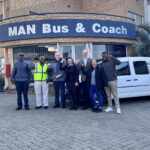ESG: Doing the right thing
ESG: Doing the right thing
Environmental, social, and governance (ESG) is now essential to businesses – and it’s about more than just ticking boxes. The Chartered Institute of Logistics and Transport (CILTSA) unpacked the concept at its recent ESG Conference in Johannesburg, where COLIN WINDELL joined the delegates.
Making the changes that will ensure a greener, cleaner, and more sustainable future is no simple matter. Energy expert Martin Solomon put this quite succinctly when he addressed CILTSA’s recent ESG Conference: “Easy is gone. Green technology is hard. The change that is needed to build new power processes has to be based on logistics and the current cost is R6 trillion, which the country simply does not have.”
Henry Gilfillan, practice leader for Africa International Advisors, concurred, noting: “In the transition phase, even the easiest stuff is hard to do. Going forward we have to fit and adjust our lives around energy, rather than the other way where a carbon-based system let us use energy to suit ourselves.”
With those thoughts for delegates to mull over, Oliver Naidoo, MD of JC Auditors, said ESG is still something of an abstract term in many of South Africa’s business circles, yet is one in which investors are increasingly interested.
“Simply put, ESG is doing the right thing; this means doing it in all areas of your business. ESG also refers to three non-financial segments of business activity, so the question is, why would this interest investors?” Naidoo emphasised.
“A proper ESG strategy delivers profitability, the key driver of business sustainability; brand reputation, which is difficult to build but very easy to break; service delivery, which is vital to engender customer loyalty; safety performance to protect people, limbs, and lives; and good governance to enable further growth on a solid platform,” he continued.
While those points may sound a bit like ‘Business 101’, Julie Rosa, associate director of PwC Invitation, pointed out that the planet’s resources are finite, meaning that industry transformation is essential.
“Some 40% of CEOs think their organisation will no longer be economically viable in 10 years and 75% believe it will decline if it continues on its current path,” she elaborated.
“Investors and insurers are increasingly attuned to ESG performance. The growing levels of regulation, such as Carbon Tax, are increasing the cost of doing business and, while South Africa is still largely taking the voluntary approach on many issues, the market has increased expectation and focus on sustainability performance and transparency,” added Rosa.
“Just consider: the 77% reduction in carbon intensity required this decade to limit global warming to 1.5 degrees means an actual decarbonisation rate of 15.2%. The goal is to identify and analyse the risk associated with climate change in order to inform the decision-making strategy.”
Naidoo took this further, saying ESG has to be integrated into business strategy: “You cannot pay lip service to this. It needs a culture of change if a meaningful impact is to be made.”
According to Naidoo, the elements needed to be built into a Business Management System are: a Quality Management System, Environmental Management System, Safety Management System, Energy Management System, Financial Management System, and Management Information System.
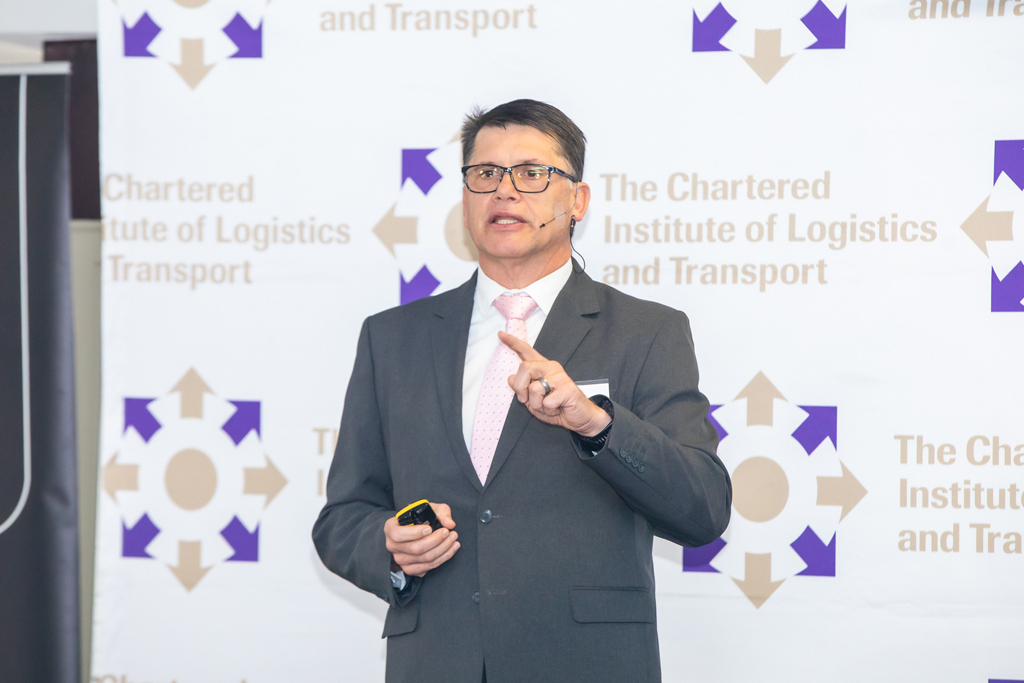
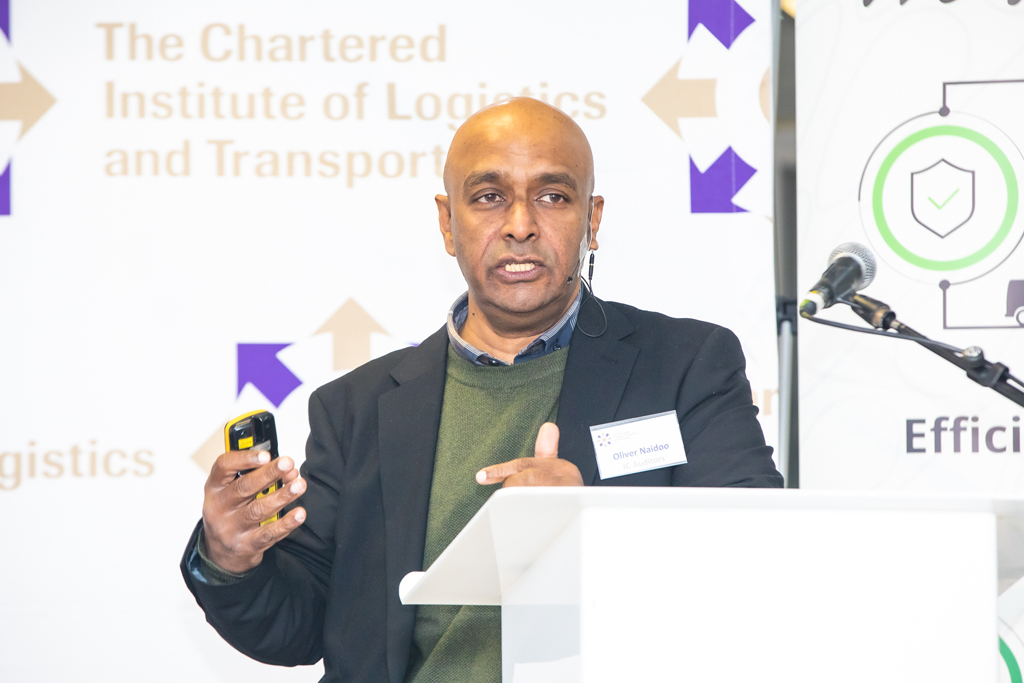
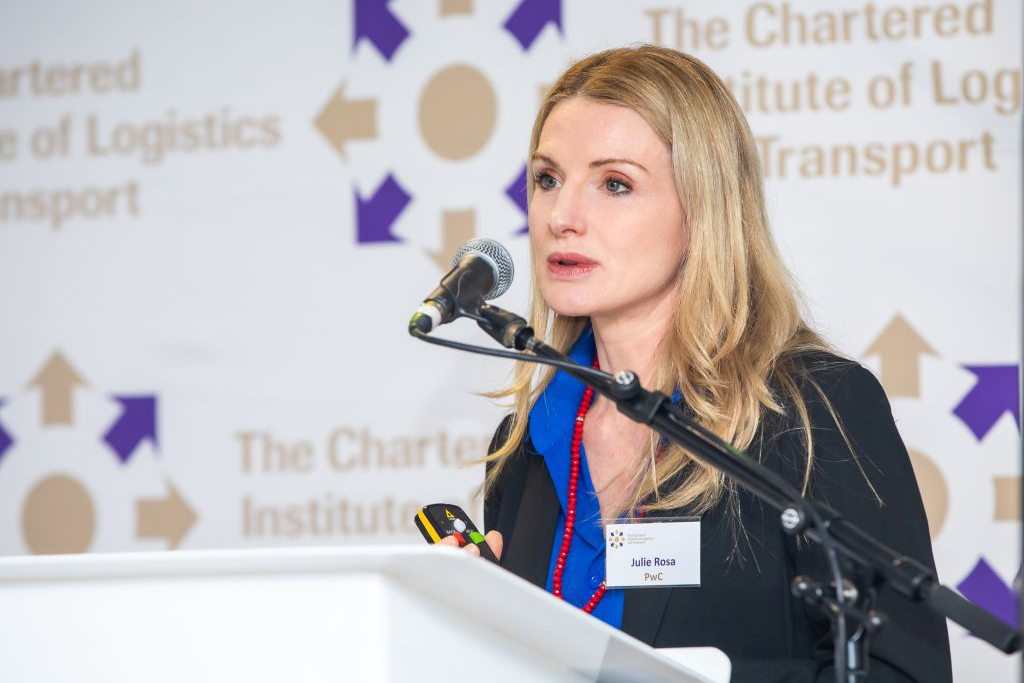
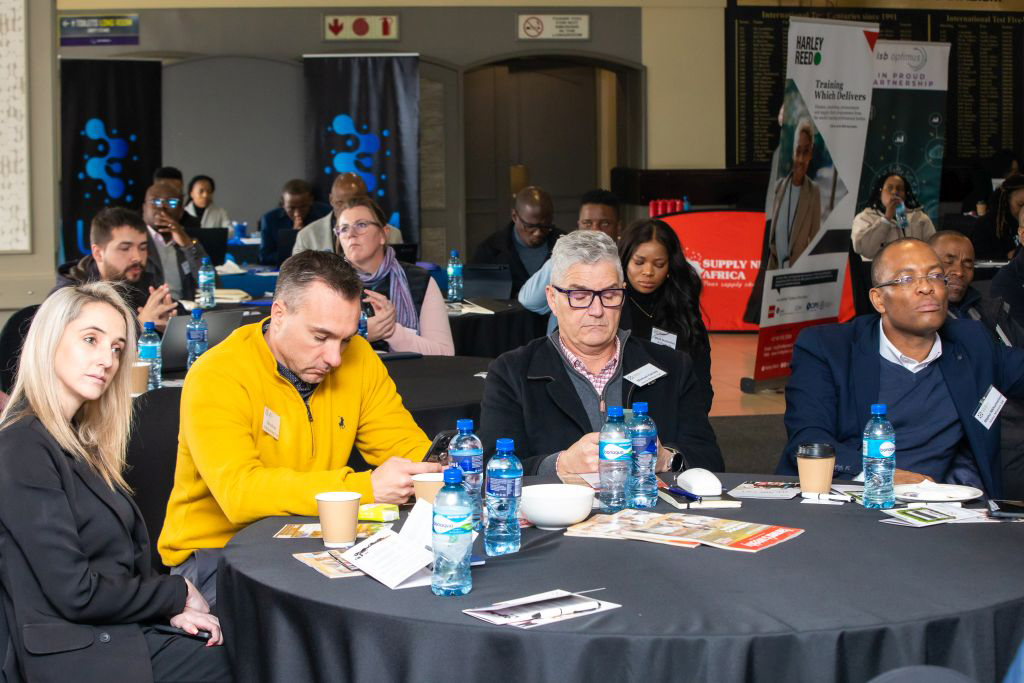
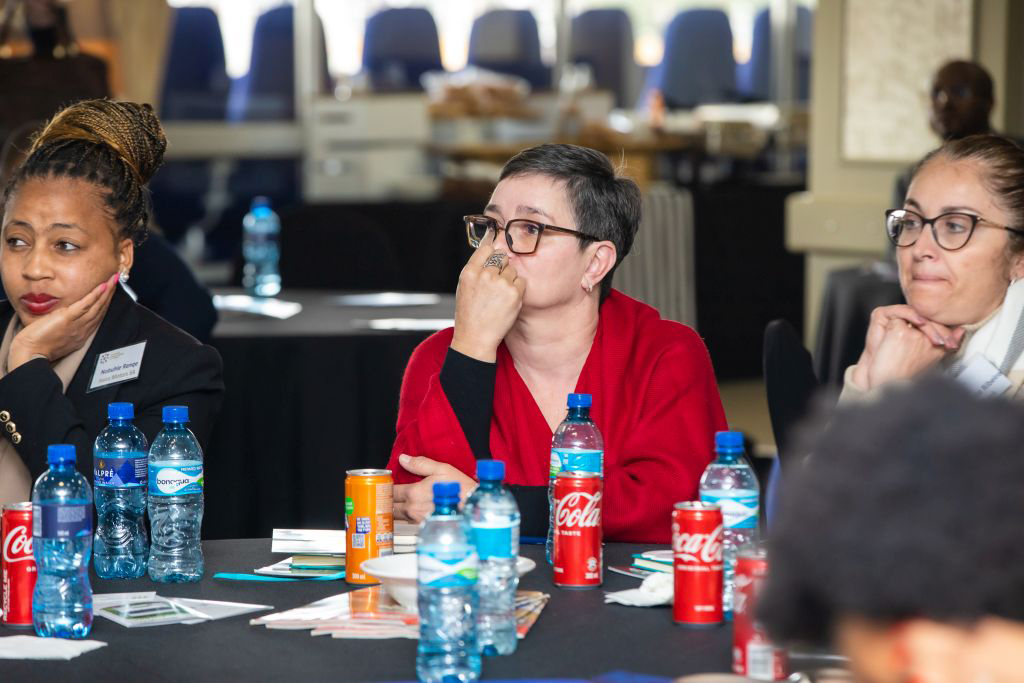
“In the transport and logistics sphere, the major ESG metrics include greenhouse gas monitoring (as in CO2 output per tonne moved), actual energy consumption versus how much is renewable, water usage and efficiency, waste management (as in disposal of oils and tyres), your overall carbon footprint, air and water pollution from business activities, and environmental accidents,” said Naidoo.
“As a businessperson, although regulation is necessary you should not have to be driven by it, but should be self-regulated and doing the right thing,” he added.
He pointed out that the transport sector is in crisis, with high levels of road accidents and non-compliance. “Life is never stationary and always changing, so you can never say ‘I am ESG compliant’ as you have to keep on improving. If you are a transport operator, you operate on public roads that belong to everyone, so everything you do has an impact on others,” he expanded.
Much of what is required in compiling an ESG solution lies in data that is ‘out there’ and needs to be analysed for answers.
“There are massive amounts of data out there and we need to be able to share what we know with SMEs and startups in order to help make them business legends,” said Henry Smith, sales director for Fleet Africa at MiX Telematics.
“To give some perspective on this – most people understand that one megabyte is 1,000 kilobytes. The amount of data in the world was estimated to be 44 zettabytes at the dawn of 2020 – and a zettabyte is one kilobyte to the power of seven! By 2025, the amount of data generated each day is expected to reach 463 exabytes (one to the power of six) globally.
Other mind-bending statistics cited by Smith include the fact that the world spends almost US$1 million per minute on commodities on the Internet and that by 2025, there will be 75 billion Internet of Things (IoT) devices in the world. By 2030, nine out of every 10 people aged six and above will be digitally active, while gaming studio Electronic Arts already processes roughly 50 terabytes of data every single day.
“Every day the IoT is getting better and smarter and to stay with these changing times is a choice. However, if we cannot answer the ‘so what’ of data today, it will be very difficult going forward,” Smith stressed.
MiX Telematics has grown from very humble beginnings in satellite tracking into a global telematics giant, absorbing data from thousands of vehicles on countless roads around the globe. Smith said it is all used to assist operators to prevent and reduce accidents, improve driver behaviour and aid business sustainability by monitoring fuel use, identifying ways to improve fleet utilisation, reduce maintenance costs, and generally trim fleet operating expenses. “Telematics data must be real-time and actionable,” he noted.
Craig Uren, senior vice president: revenue generation (SACU markets) at Isuzu Motors South Africa, said that when it comes to the shift to electric vehicles and other massive changes, car solutions are not going to answer the problems and challenges facing the logistics sector. “We live in a moment in time of disruption and challenges. The future is not known, and neither is the solution – and consumer-driven decisions made today will ultimately determine how right or wrong they were. It is not a short-term game,” he explained.
Finally, energy expert Solomon noted that, if ESG is to make a difference, a collaborative effort is needed, concluding: “We have to come together from all spheres and collaborate and work as one with the government to create and implement sustainable plans and practices.”


Published by
Focus on Transport
focusmagsa

